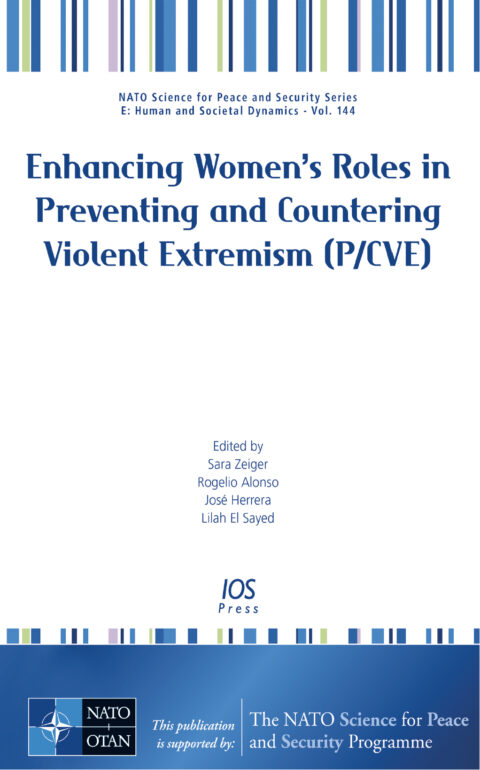Using the agency of mothers as a unifying feature, employing Women without Borders’ (WwB) ‘MotherSchools: Parenting for Peace’ Model as a good practice, and drawing on its continued successes through the case study example of Macedonia, this article advocates the wider inclusion of concerned and affected mothers in community-based counterextremism strategies. In an effort to normalise the notion of mothers as indispensable security allies, the authors propose the adoption of a new term: Mothers Preventing Violent Extremism (MPVE).
Mothers present a missing link in preventing the spread of violent extremism. Their unparalleled physical and emotional proximity make them witnesses of every stage in their child’s development. While mothers thus have the potential to intervene if necessary, they often lack the essential knowledge and self-confidence to recognise and address the early warning signs of radicalisation in their sons and daughters. In response, Women without Borders (WwB) developed and designed the pioneering ‘MotherSchools: Parenting for Peace’ Model. When put into practice, this proven approach positions concerned and affected mothers as the first line of defence against extremism in at-risk communities around the globe. MotherSchools programmes have equipped mothers with the necessary competence and confidence to translate their unique potential into action across twelve countries to date. Using their agency as a unifying feature and employing the MotherSchools Macedonia as a good practice case study, this article advocates the wider inclusion of mothers in community-based counterextremism strategies. In an effort to normalise the notion of mothers as indispensable security allies, we propose the adoption of a new term: Mothers Preventing Violent Extremism (MPVE).


